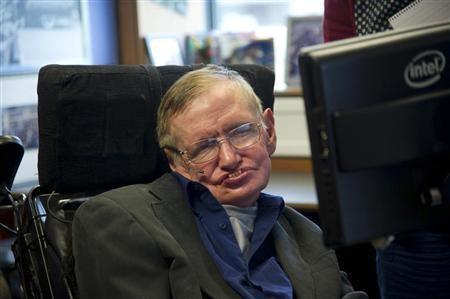People with disabilities should be given the right to end their lives. This is the opinion of famed physicist and author Stephen Hawking.
According to Hawking, a U.S. Presidential Medal of Freedom winner, people with terminal diseases and disabilities should have the ability to make the choice of death if they want to.
In an interview with BBC-TV, he said: "If you have a terminal illness, and are in great pain, I think you should have the right to end your life. . . . It is discrimination against the disabled to deny them the right . . . that able-bodied people have."
Hawking himself is a person with disability. He is currently suffering from a motor neuron disease related to amyotrophic lateral sclerosis (ALS). He suffers from almost-whole body paralysis and communicates with the use of speech-generating device only.
Hawking supports the Assisted-Dying Bill in the UK, which is patterned after Oregon's 17-year-old "Death with Dignity Act." The U.K. Bill, yet to be enacted once approved, would allow the terminally ill adults the request for medications that can lead to their deaths should they feel that they want that option.
Contrary to what ordinary people expect, a report published in the Journal of Medical Ethics about the Oregon "Death with Dignity Act" read: "Rates of assisted dying in Oregon showed no evidence of heightened risk for . . . the physically disabled or chronically ill."
Apart from Oregon, which enacted the bill in 1997, the U.S. states of Washington, Montana, Vermont and Mexico followed suit with their own versions of the law.
For Hawking, all people, with disabilities or not, should have the right to self-determination, including when he or she could die and in what manner.
"We should not take away the freedom of the individual to choose to die," he concluded in his BBC-TV interview. "I believe one should have control of one's life, including its ending."



























